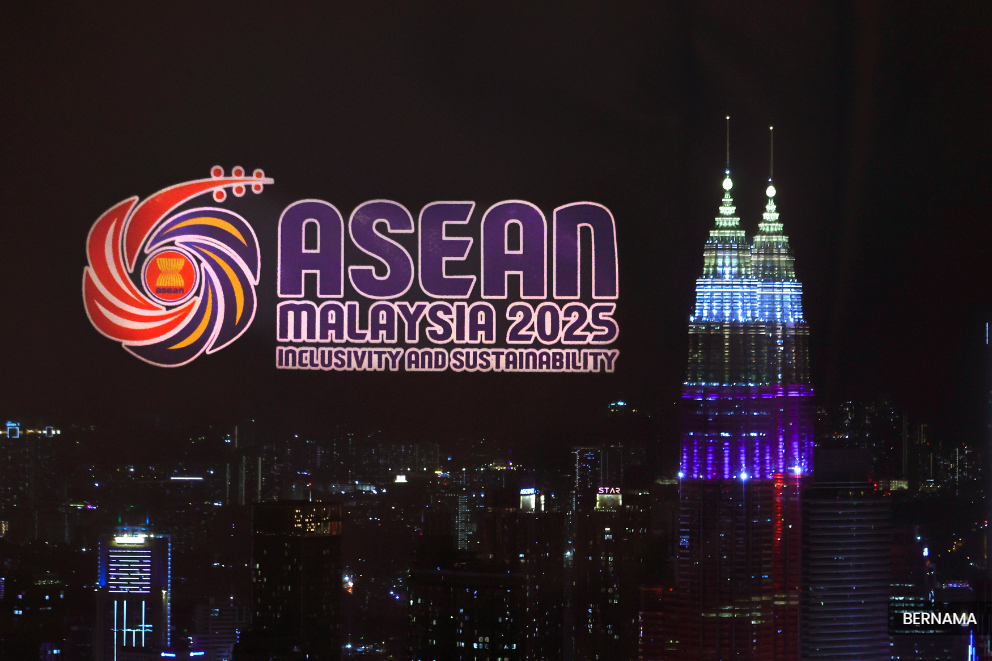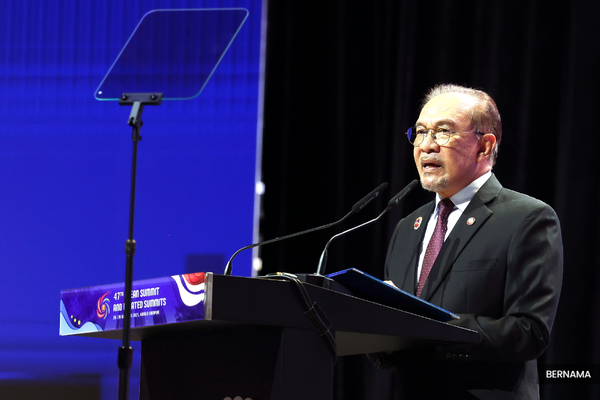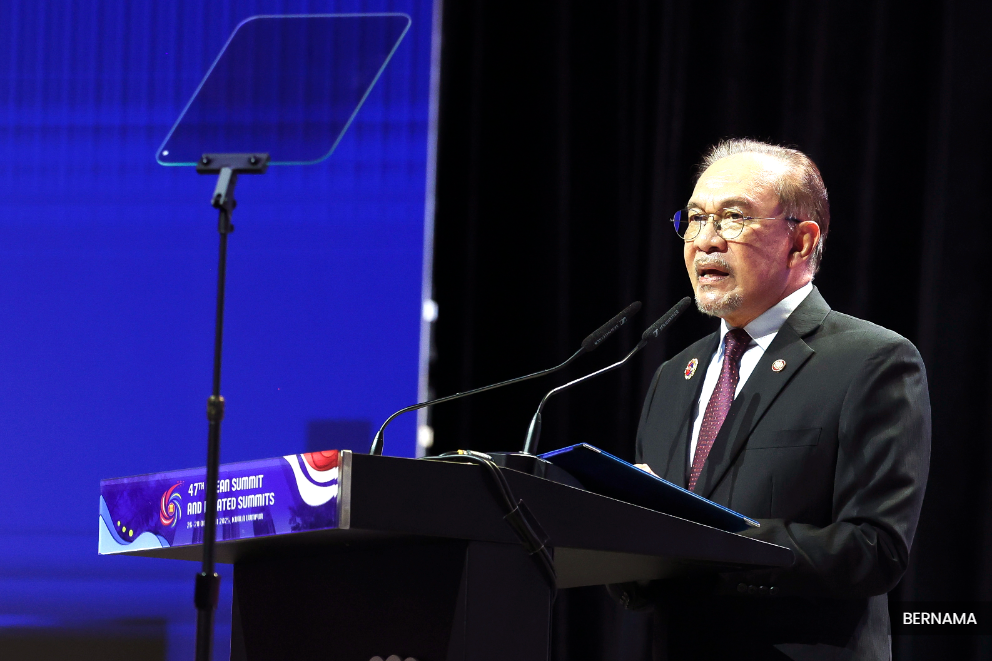KUALA LUMPUR, Oct 26 — Prime Minister Datuk Seri Anwar Ibrahim has urged Asean leaders to uphold unity, courage, and moral conviction as the region faces growing global uncertainty, describing 2025 as “a year that asks more of us”.
Delivering his opening address at the 47th Asean Summit, he said the bloc’s enduring strength does not stem from uniformity, but from a shared belief that mutual respect and reason continue to bind the region together amid intensifying global competition and uncertainty.
“When Malaysia assumed the Asean chairmanship, we recognised the magnitude of the responsibility before us. Leadership is never a matter of routine; it is a matter of choice: to define priorities, renew Asean’s sense of purpose, and chart a course worthy of our peoples’ hopes.
“2025 is a year that asks more of us. The world feels unsettled: the old order no longer certain, the new one not yet defined,” Anwar said at the Kuala Lumpur Convention Centre today.
Highlighting the historic peace agreement to be signed later in the day between Thailand and Cambodia, he said the reconciliation represents a defining moment for Asean and the region’s commitment to peace.
“Later this morning, when Cambodia and Thailand sign their peace agreement here in Kuala Lumpur, the world will see what that conviction can achieve.
“It reminds us that reconciliation is not a concession, but an act of courage, and that peace, once chosen, can reshape the future of nations,” Anwar said.
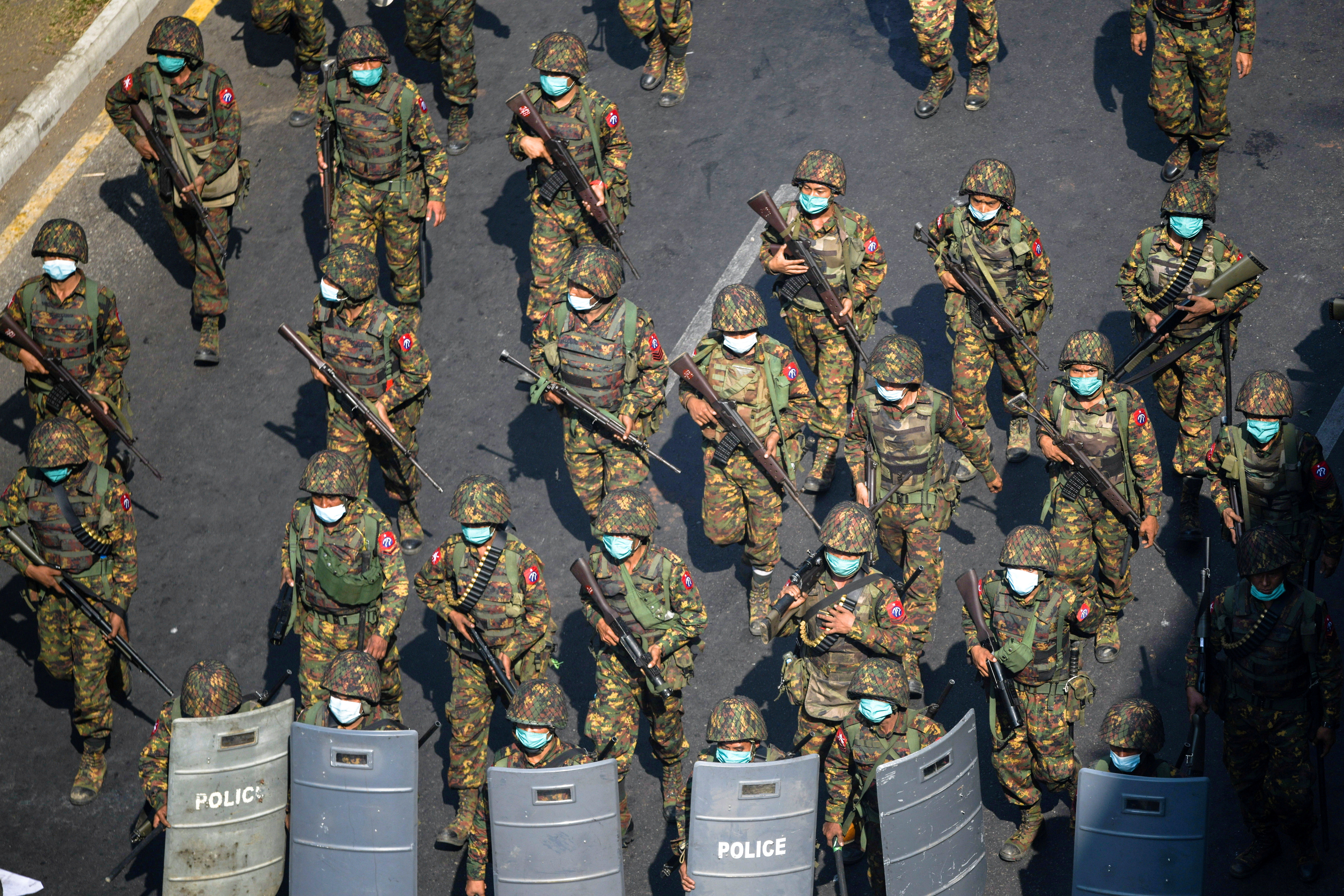
Myanmar crisis
Addressing the ongoing crisis in Myanmar, the Prime Minister said Asean remains steadfast in pursuing peace through the five-point consensus, but stressed that true reconciliation must come from within.
“We know this requires patience and persistence and an honest appreciation of realities on the ground. Guided by the Five-Point Consensus, Asean has drawn on every available channel and partner to reduce violence and ease the humanitarian crisis.
“But lasting peace cannot be imposed. It must be Myanmar-owned and Myanmar-led. Only then will reconciliation endure.
“The relative peace and prosperity that Asean has enjoyed for nearly six decades are not self-sustaining. They must be renewed through cooperation and strengthened by shared purpose,” he said.
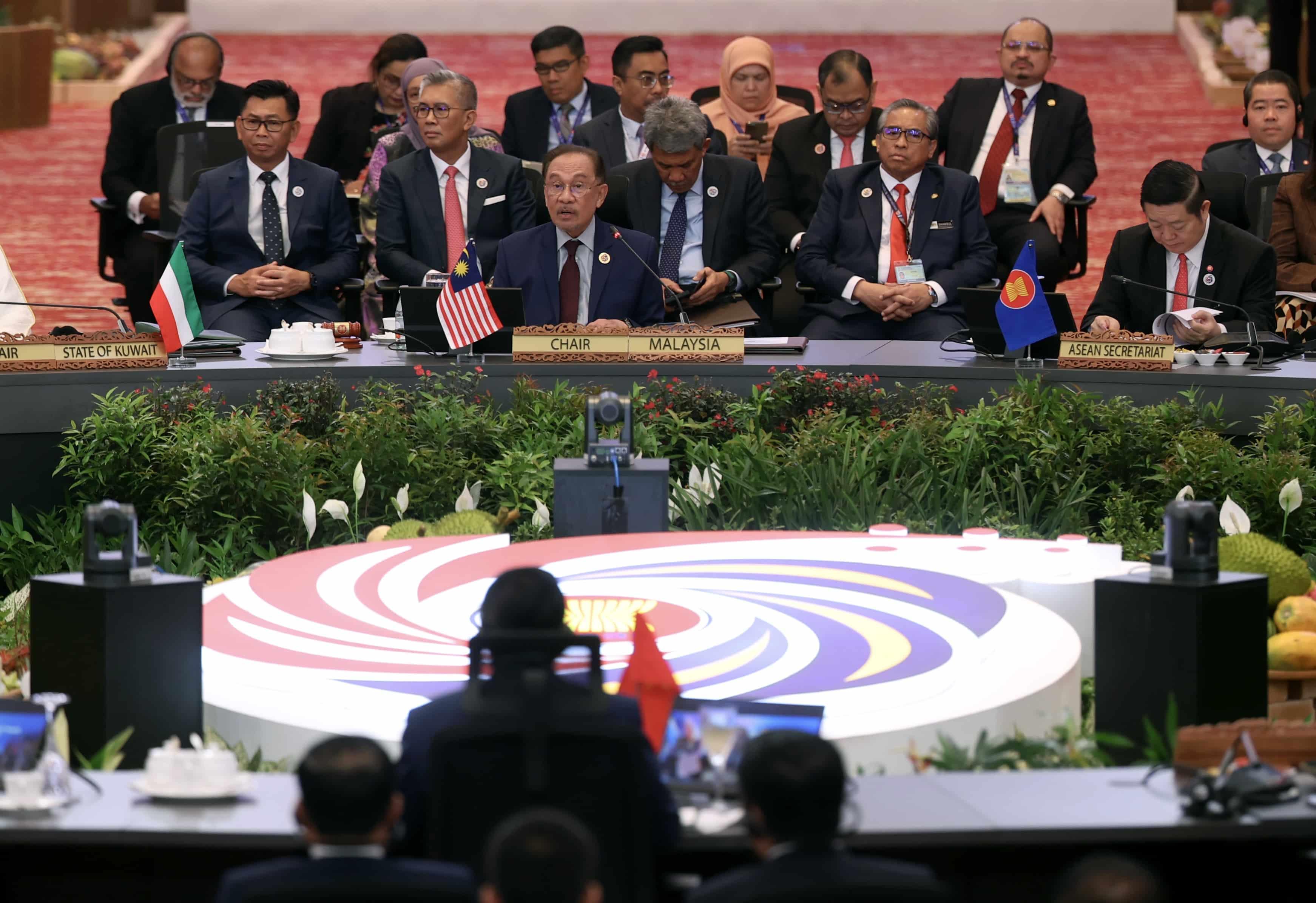
Deepening global ties
Amid global protectionism and shifting supply chains, Anwar said Asean’s resilience depends on its adaptability and willingness to forge new partnerships.
Malaysia’s hosting of the second Asean-Gulf Cooperation Council-China Summit, as well as the upcoming fifth Regional Comprehensive Economic Partnership Leaders’ Summit, aims to strengthen the world’s largest free-trade area.
“Asean must not stand still. We must have the courage to forge new partnerships and the foresight to deepen existing ones,” he said.
Anwar also welcomed Brazil and South Africa, who attended the summit as guests of the Asean chair, calling it an important step in widening Asean’s engagement with the BRICS and G20 and deepening the bloc’s bridge to the global south.
He also announced the upgraded Asean Trade in Goods Agreement (ATIGA) will be launched at the summit, paving the way for a more seamless regional market that unlocks efficiency and opportunities for businesses and workers.
The bloc is also advancing the Asean Power Grid (APG), and the new APG Financing Facility will help bridge funding gaps and accelerate the clean energy transition.
Anwar noted that the region is moving forward on the Asean Blue Economy Framework and the Regional Electric Vehicle Ecosystem to promote green industries and sustainable growth.
The Asean Digital Economic Framework Agreement (Defa) will be fast-tracked by 2026, with the region’s digital economy expected to double to US$2 trillion (RM8.45 trillion) by 2030.
“And to ensure technology remains our servant, not our master, we will establish the Asean AI Safety Network to embed ethics, safety, and sound governance in the use of artificial intelligence,” he said.
